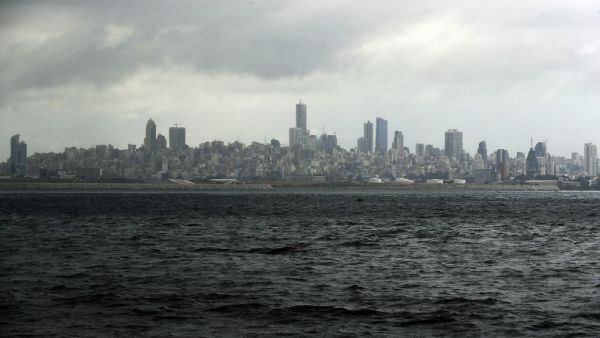Lebanon's novel coronavirus outbreak is the latest crisis to hit a country reeling from a severe economic crunch and mass anti-government protests, but the small country's response, so far, appears to be working.
While the number of coronavirus cases remains relatively low, the government since early March has taken drastic lockdown measures, ordering schools, universities, bars and restaurants closed, and imposing virtual curfews at public spaces in recent days.
The country's only international airport shut down on Wednesday, while borders are effectively shuttered for most travellers. This follows weeks of restricted air traffic to areas hit by large-scale virus outbreaks, including the UK.
According to data from the American University of Beirut, these measures are working in flattening the epidemic's curve.
"Lebanon has done much better than other countries in containing #COVID19 till now," the Global Health initiative at the American University of Beirut tweeted on Tuesday. An accompanying graph shows Lebanon's situation in comparison to several other states, including wealthier European nations such as Switzerland.
"Still, social & health systems vigilance is much needed in this critical phase of the disease progression. Track the trend of new cases after index identification," the tweet added.
At the time of writing, 120 people in the Mediterranean nation have been infected with COVID-19, while three have succumbed to the virus.
Medical efforts to assist patients, however, have come under threat as the healthcare sector grappled with the fallout from decades of corruption, while the Lebanese Red Cross (LRC) - which acts the country's national ambulance service - is fast running out of funds.
The not-for-profit LRC has supplemented Lebanon's government health system, with ambulance services and regular updates on the country's coronavirus situation. The group has reported that each coronavirus callout costs them as much as $850.
With resources now running low, the LRC has appealed for donations from the public to continue its work.
To date, the non-profit has readied 300 trained emergency medical technicians and 520 volunteers trained in COVID-19 awareness.








